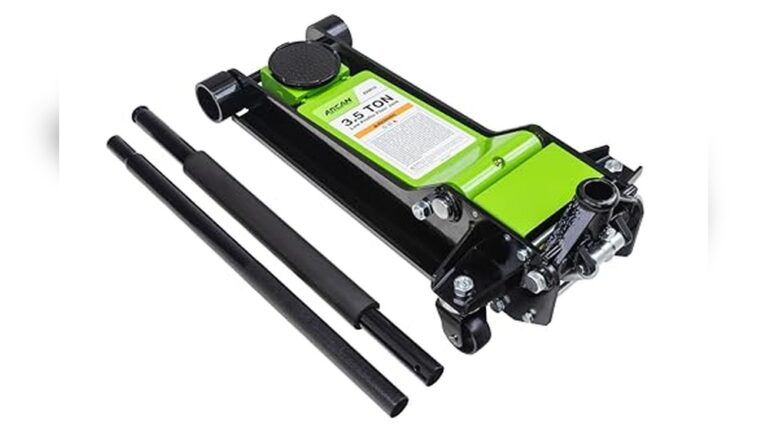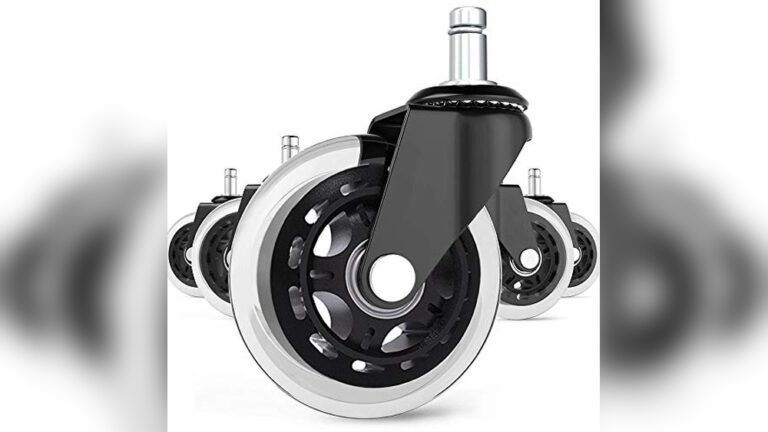Quartz Flooring Pros and Cons: A Comprehensive Guide
When choosing the right flooring for your home or business, plenty of options are available on the market. From classic hardwood and versatile vinyl to modern and sleek quartz flooring, each type offers unique benefits. Recently, quartz flooring has surged in popularity, thanks to its durability, aesthetic appeal, and low-maintenance requirements.
But is quartz flooring the right choice for you? In this article, we’ll explore the quartz flooring pros and cons, its key features, suitability for various spaces, and considerations to help you make an informed decision.
What is Quartz Flooring?
Quartz flooring is a synthetic, engineered material made primarily from natural quartz crystals bound together by resin and pigments to achieve a stunning, stone-like appearance. This composite flooring option is designed to offer both beauty and strength, making it a popular choice for residential and commercial spaces alike. Quartz flooring typically comes in tile or slab forms and is renowned for its glossy finish, hardness, and resistance to scratches.
Pros of Quartz Flooring
1. High Durability
One of the biggest advantages of quartz flooring is its durability. Quartz is one of the hardest materials on Earth, and when engineered for flooring, it becomes even more resilient. This type of flooring can withstand heavy foot traffic, making it ideal for both residential and commercial spaces. Its strong composition also makes it resistant to cracks and chips, so you won’t have to worry about replacing tiles frequently.
2. Low Maintenance Requirements
Quartz flooring is highly resistant to stains, scratches, and moisture, which makes maintenance a breeze. Spills can be easily wiped away without the fear of staining, and unlike natural stone floors, quartz does not require regular sealing. Its low maintenance needs make it a practical option for busy spaces like kitchens, bathrooms, and commercial areas.
3. Aesthetic Appeal
Quartz flooring is often praised for its sleek, modern look. Available in a wide range of colors, patterns, and finishes, it can mimic the appearance of more expensive materials like marble or granite without the added cost or upkeep. Whether you prefer a minimalist look or a vibrant, eye-catching design, quartz flooring provides the flexibility to match almost any aesthetic preference.
4. High Resistance to Stains and Chemicals
Another advantage of quartz flooring is its chemical resistance. In commercial settings where chemicals might be present, quartz flooring does not react easily to acidic substances or cleaning agents, which helps maintain its appearance over time. This feature also makes it an ideal choice for environments like laboratories, hospitals, and commercial kitchens.
5. Eco-Friendly Option
If sustainability is a concern, quartz flooring could be a good fit. Many quartz flooring products are made with eco-friendly manufacturing processes, and since quartz is abundant in nature, its environmental impact can be lower than other options that require more intensive extraction and processing. Additionally, quartz flooring is highly durable, which means less frequent replacements, contributing to a lower environmental footprint.
Cons of Quartz Flooring
1. High Initial Cost
While quartz flooring has many benefits, one of the biggest disadvantages of quartz flooring is its price. The initial cost of installing quartz tiles or slabs can be higher compared to other types of flooring, such as vinyl or laminate. However, many consider it a worthwhile investment due to its durability and low maintenance requirements. Still, if you’re working with a tight budget, it may be worth exploring other, more affordable flooring options.
2. Limited DIY Installation Options
Quartz flooring installation is best left to professionals, as the material can be heavy and difficult to work with. Proper installation requires specific tools and skills, and any errors can lead to visible imperfections. This can add to the overall cost, especially if you were planning on a DIY project. For homeowners who prefer a hands-on approach, the professional installation requirement can be a drawback.
3. Potential for Slipperiness
One downside to quartz flooring is its glossy finish, which can be slippery when wet. While this polished look adds to its aesthetic appeal, it may present a safety hazard in areas prone to moisture, such as bathrooms or kitchens. Some quartz flooring options offer a matte or slip-resistant finish, but these might come at an additional cost. Consider your household’s needs, especially if you have young children or elderly individuals, before opting for quartz flooring.
4. Limited Heat Resistance
Though quartz flooring is durable, it’s not entirely heat-resistant. Exposure to high temperatures over time can cause discoloration or damage. This is particularly relevant in kitchens, where hot pans or pots could accidentally come into contact with the floor. Using mats or area rugs in high-temperature areas can help mitigate this issue, but it’s still a factor worth considering if you’re looking for flooring that can withstand direct heat exposure.
Quartz Flooring Pros and Cons in a Nutshell:
| Pros of Quartz Flooring | Cons of Quartz Flooring |
|---|---|
| High Durability – Resistant to cracks, chips, and heavy foot traffic, making it ideal for high-traffic areas. | High Initial Cost – Higher upfront cost compared to other flooring options like vinyl or laminate. |
| Low Maintenance – Stain, scratch, and moisture-resistant, requiring minimal maintenance and no regular sealing. | Professional Installation Required – Difficult for DIY, requiring specialized tools and skills, which increases overall cost. |
| Aesthetic Appeal – Available in various colors, patterns, and finishes to match different interior designs. | Potentially Slippery – The glossy finish can become slippery when wet, presenting a safety hazard in moisture-prone areas. |
| Chemical Resistance – Resistant to acids and cleaning agents, making it suitable for commercial settings with chemical exposure. | Limited Heat Resistance – Prolonged exposure to high heat can cause discoloration or damage, which can be a concern in kitchens. |
| Eco-Friendly Option – Often produced through environmentally friendly processes and lasts longer, reducing replacement frequency. | Limited Color Variation – Unlike natural stones like granite, quartz flooring can lack natural variation, which some people find less appealing. |
Is Quartz Flooring Right for You?
Deciding whether quartz flooring is right for you depends on several factors, including your budget, the intended use of the space, and your maintenance preferences. If you’re looking for a low-maintenance, durable option that can handle high traffic and has a modern appeal, quartz flooring may be an excellent choice.
However, if you’re seeking an economical, DIY-friendly flooring option, or if the space will be exposed to frequent high heat, you may want to consider other alternatives.
Comparing Quartz Flooring with Other Options
To make a well-rounded decision, let’s compare quartz flooring with some other popular options:
- Quartz vs. Granite: Quartz flooring is often compared to granite because of its aesthetic similarities. However, quartz is more consistent in color and pattern, while granite has a natural variation that some people find appealing. Quartz is generally easier to maintain than granite, as it doesn’t require sealing.
- Quartz vs. Ceramic Tile: Ceramic tiles are usually more affordable and offer a wide range of design options. However, ceramic can be more prone to cracks and requires grout lines, which can make maintenance harder. Quartz tiles are more durable and resistant to moisture.
- Quartz vs. Vinyl Flooring: Vinyl is a much cheaper option and is relatively durable, though it doesn’t offer the same upscale appearance as quartz. Vinyl can also be prone to scratches and wear over time, especially in high-traffic areas, whereas quartz is highly resistant to such damage.
Maintenance Tips for Quartz Flooring
To keep your quartz flooring looking new, here are a few maintenance tips:
- Clean Spills Immediately: While quartz is stain-resistant, cleaning spills as they happen prevents buildup.
- Use Mild Cleaning Agents: Avoid harsh chemicals that may alter the finish.
- Use Rugs in High-Traffic Areas: This can help minimize wear and tear and preserve the floor’s glossy finish.
- Avoid Direct Sunlight: Extended exposure to direct sunlight can cause slight discoloration over time, so consider curtains or blinds in sun-exposed rooms.
Is Quartz Flooring Worth the Investment?
Quartz flooring offers a unique combination of beauty, durability, and low maintenance, making it an attractive option for many homeowners and businesses. Although the initial cost can be high, its longevity and ease of care often justify the investment.
Whether you choose quartz flooring ultimately depends on your budget, aesthetic goals, and the demands of your space. With proper care, quartz flooring can remain beautiful and functional for decades, making it a solid choice for those who value quality and durability.
In summary, while there are some pros and cons of quartz flooring, its advantages generally make it a worthwhile consideration, especially for those seeking a stylish, durable, and low-maintenance option.






